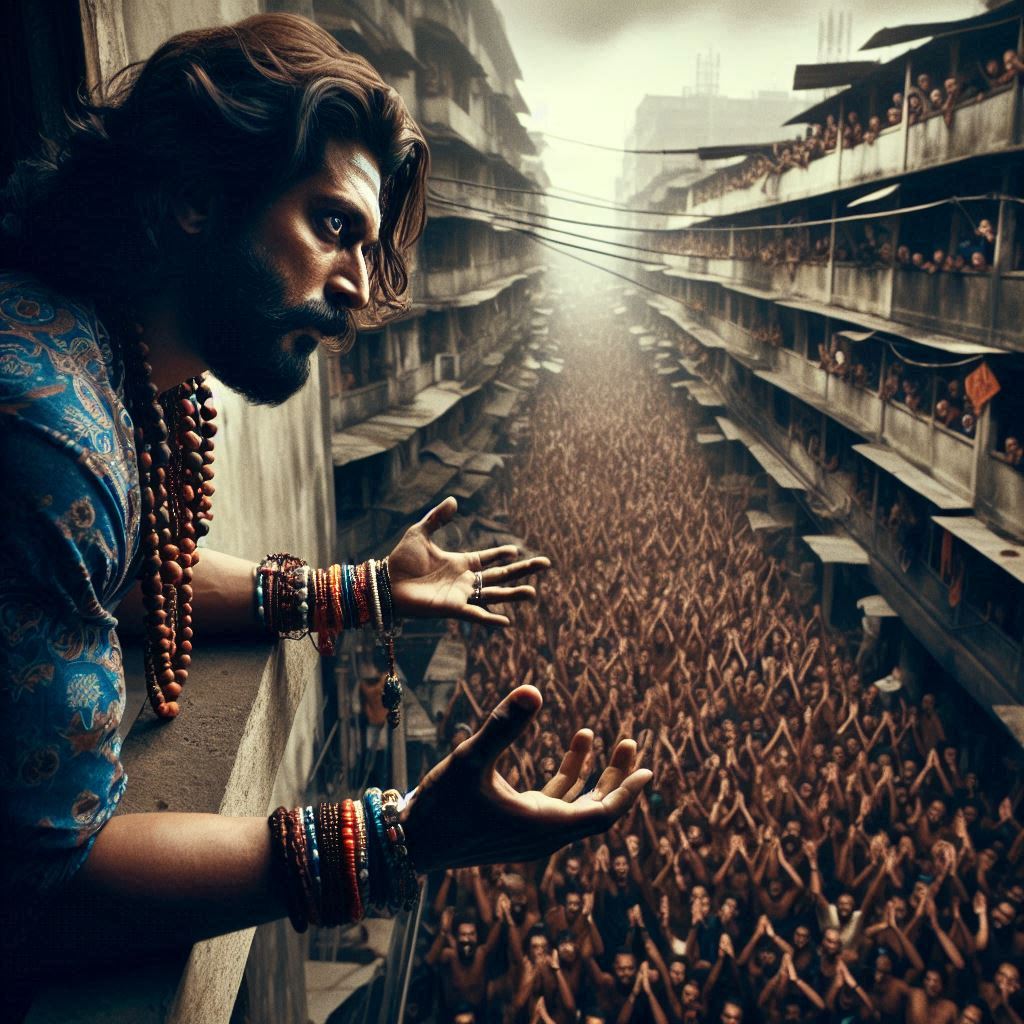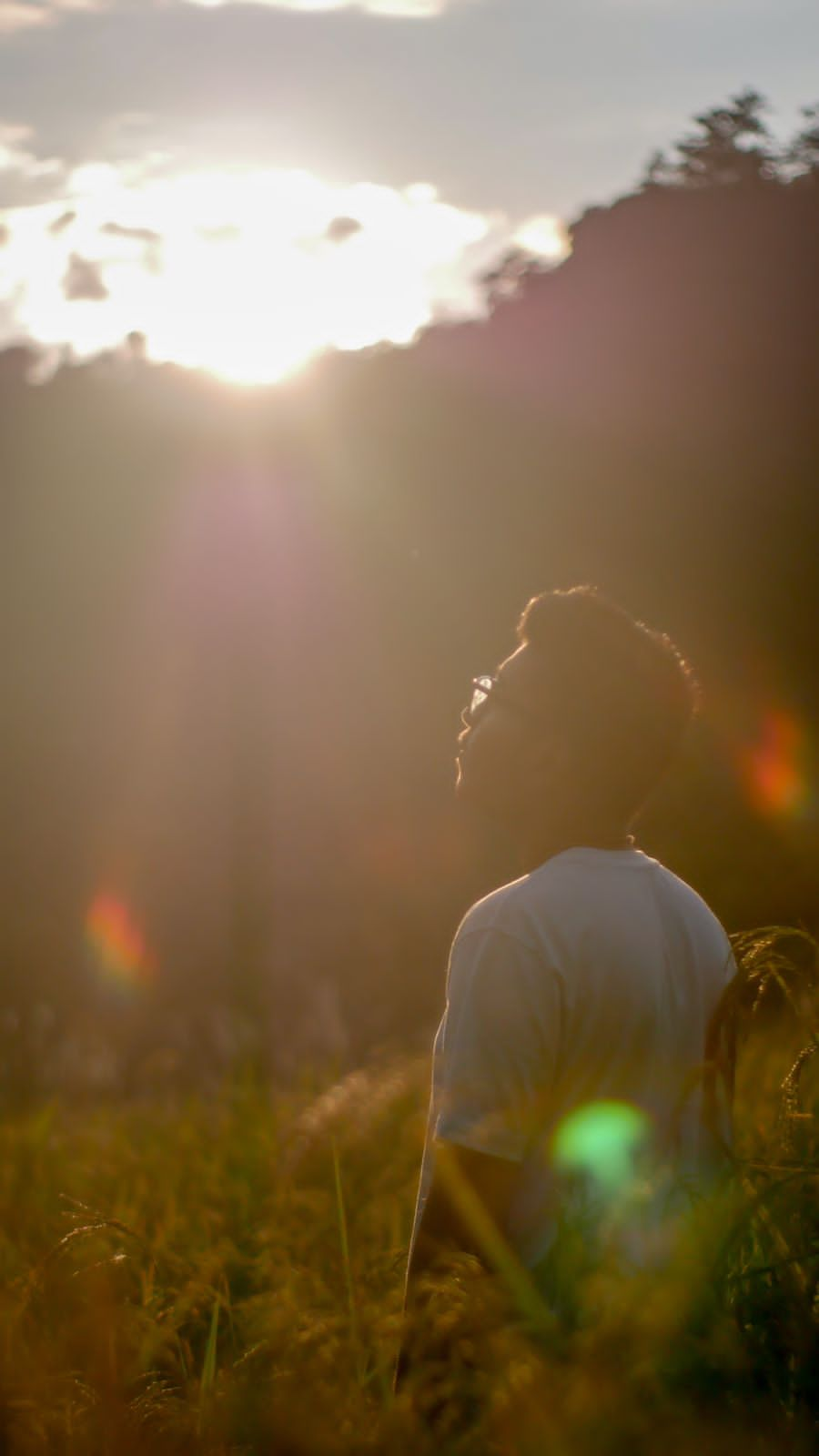In the shadows of our collective psyche lurks a dangerous phenomenon: the all permeating worship of heroes. This insidious practice, deeply ingrained in our society, warps our perceptions, stunts our growth, and perpetuates a cycle of disappointment and disillusionment. From our earliest years to our dying days, we are conditioned to seek out idols, elevating mere mortals to godlike status while diminishing our own worth in the process.
The Roots of Idolatry: A Childhood Lost
Our journey into the realm of hero worship begins innocently enough in childhood. We gaze upon our parents with unquestioning adoration, blind to their flaws and limitations. This early imprinting sets the stage for a lifetime of seeking external validation and guidance, forever chasing the ghosts of those we deem superior.
As we age, our pantheon of idols expands. Teachers, celebrities, politicians – all become targets of our misplaced veneration. We cling to the delusion that if we could only emulate these paragons of virtue and success, we might find happiness and fulfillment. Yet this pursuit is nothing more than a fool’s errand, leaving us forever chasing an unattainable ideal.
The Dichotomy of Deification: A Trap
The true insidiousness of hero worship lies in its ability to simultaneously inflate and deflate our sense of self. We place our chosen idols on pedestals so high that we strain our necks looking up at them, all while standing on our own soapboxes of perceived moral superiority. This cognitive dissonance creates a psychological prison from which escape seems impossible.
In one moment, we bask in the reflected glory of our hero’s achievements, deluding ourselves into believing that their success somehow elevates us. In the next, we are plunged into the depths of shame and self-loathing, acutely aware of our own perceived inadequacies. This emotional rollercoaster serves only to destabilize our sense of self, leaving us vulnerable to manipulation and exploitation.
The Illusion of Perfection: A Rude Awakening
Perhaps the cruelest aspect of worshipping our heroes is the inevitable moment when the veil of perfection is lifted. The discovery that our idols are, in fact, flawed human beings often comes as a crushing blow. This revelation, while potentially enlightening, frequently leads to a crisis of faith that can shatter one’s worldview.
The realization that our heroes are capable of mistakes, poor judgment, and even malevolence forces us to confront the uncomfortable truth that the world is not as black and white as we once believed. This disillusionment can lead to cynicism, apathy, or a desperate search for new idols to fill the void.
The Pedestal Problem: A Distorted Perspective
The act of elevating certain individuals to heroic status has far-reaching consequences beyond our personal psychological well-being. It creates a distorted perspective that devalues the contributions of those deemed “ordinary.” From this lofty vantage point, the essential workers who form the backbone of our society become invisible, their efforts deemed insignificant in comparison to the perceived greatness of our chosen idols.
This skewed worldview perpetuates systems of inequality and exploitation, as we become blind to the inherent value of every human being. We sacrifice our capacity for empathy and understanding on this altar creating a society that is increasingly polarized and disconnected.
The Cult of Personality: The Death of Critical Thinking
Perhaps the most dangerous manifestation of hero worship is the rise of the cult of personality. In this dystopian reality, charismatic individuals are granted unquestioning loyalty and devotion, their every action justified by their followers regardless of its ethical implications. This abdication of critical thinking and personal responsibility leads to a society ripe for manipulation and authoritarianism.
Political leaders become infallible demigods, their words treated as gospel regardless of their veracity or consequences. Celebrities are transformed into moral authorities, their opinions on complex issues given undue weight despite their lack of expertise. This erosion of rational discourse and independent thought poses a grave threat to the very foundations of democratic society.
The Path Forward: Embracing Human Complexity
To break free from the chains of hero worship, we must confront the uncomfortable truth that every individual, including ourselves, contains the capacity for both greatness and fallibility. We must learn to see the world in shades of gray, acknowledging the complexities and contradictions inherent in human nature.
This shift in perspective requires a painful process of self-reflection and the dismantling of long-held beliefs. It demands that we take responsibility for our own growth and development, rather than seeking salvation through the emulation of others. Only by embracing our own potential for heroism, while simultaneously acknowledging our capacity for error, can we hope to create a more equitable and compassionate world.
Epilogue: Admiration not worship
As we emerge from the dark labyrinth of hero worship, we are confronted with a stark reality: there are no heroes, only humans. The sooner we accept this truth, the sooner we can begin the difficult work of addressing the real issues that plague our society.
Instead of wasting our energy on the futile pursuit of perfection through idolatry, we must turn our attention to the everyday acts of courage and kindness that truly make a difference in the world. By recognizing the inherent value in every individual, regardless of their fame or status, we can build a society based on mutual respect and understanding.
The journey away is not an easy one. It requires us to confront our own insecurities, biases, and the comforting illusions we have built around ourselves. But it is only by abandoning the cult of personality and embracing our shared humanity that we can hope to create a world worthy of the heroes we once imagined.

